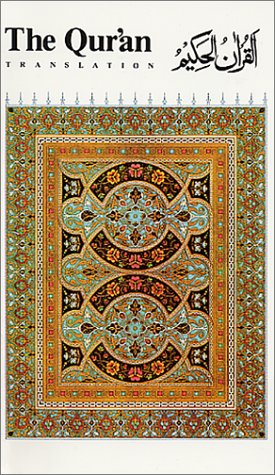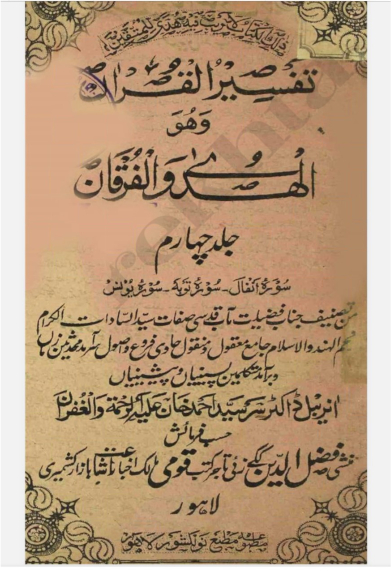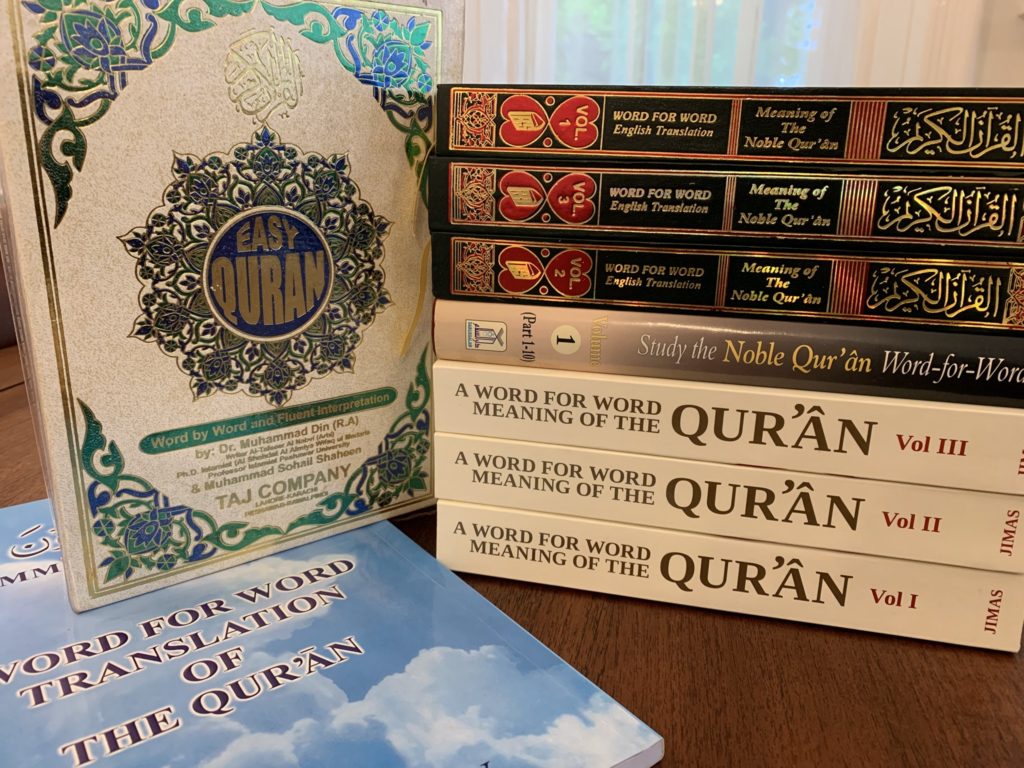Qur’an translation of the week #184: Mufti Muhammad Taqi Usmani’s The Meanings of the Noble Qur’an with Explanatory Notes
The Meanings of the Noble Qur’an with Explanatory Notes by Mufti Muhammad Taqi Usmani (b. 1943), first published in 2007, is rooted in the Deobandi movement which originated in India in the nineteenth century and promotes a conservative brand of Islamic revivalism that upholds the authority of traditional Hanafi scholarship. As a result of the …









